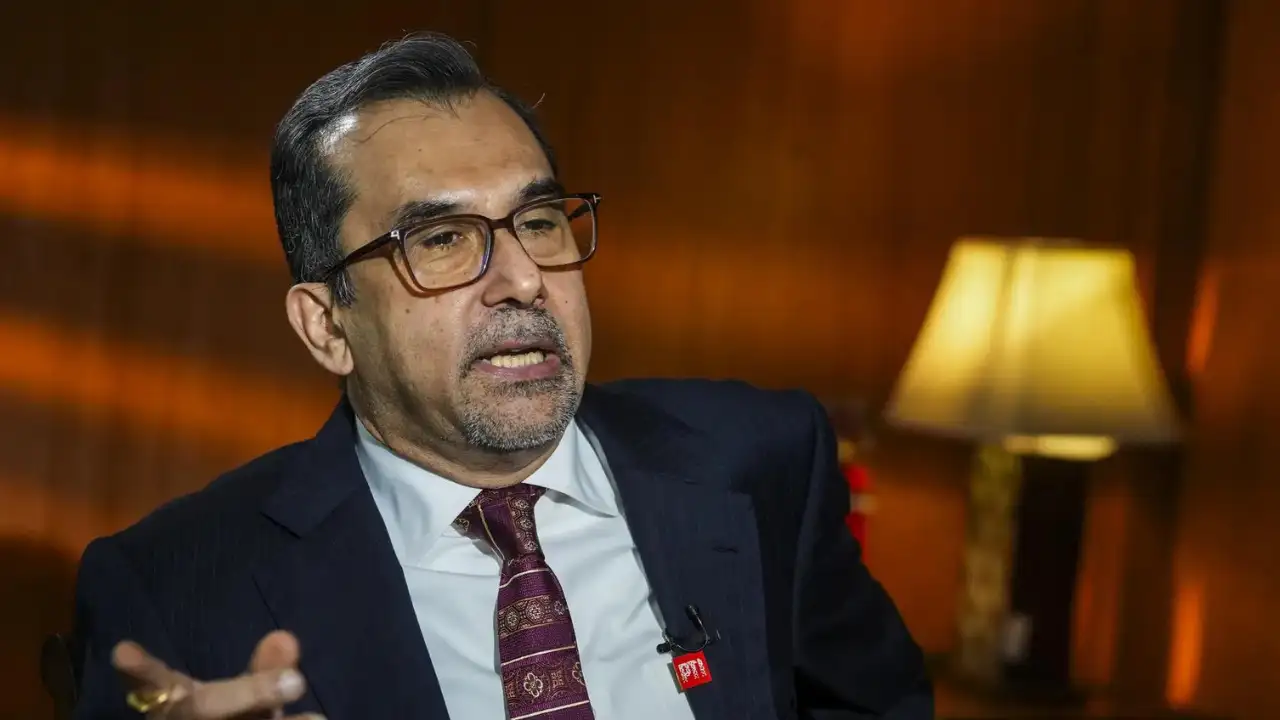Importance of Reforms Alongside FTA Tariff Reductions, Says CII Chief

CII President and ITC Chairman Sanjiv Puri has emphasized the importance of coupling tariff reductions through trade agreements with domestic reforms to enhance competitiveness. He advocates for the rationalization of the Goods and Services Tax (GST) and further rate cuts to stimulate demand. Puri’s insights come amid ongoing negotiations for a Bilateral Trade Agreement (BTA) between India and the United States, which aims to integrate Indian industry into global value chains and address key industry concerns.
Negotiations for Bilateral Trade Agreement
The proposed Bilateral Trade Agreement between India and the United States is currently under negotiation and is expected to mirror the recently signed Free Trade Agreement (FTA) with the UK. This FTA is notable for being India’s most comprehensive trade deal, covering a wide range of sectors beyond just goods and services. Industry stakeholders have welcomed the discussions surrounding the BTA, viewing it as a crucial step towards integrating Indian businesses into global value chains. With over 70% of international trade now occurring through these channels, the BTA is seen as vital for enhancing India’s economic resilience.
The agreement is anticipated to address significant industry concerns, including definitions of rules of origin and non-tariff barriers. Additionally, it may include mutual recognition agreements to streamline quality control standards between India and the US. By fostering innovation and sustainability, the BTA aims to bolster competitiveness in key global markets, positioning India as a more integral player in international trade.
Domestic Reforms to Enhance Competitiveness
As India negotiates tariff reductions with potential FTA partners, Sanjiv Puri stresses that these efforts must be complemented by domestic reforms. He argues that simply lowering tariffs is insufficient without enhancing the overall competitiveness of Indian industry. Key reforms should include streamlining regulatory procedures, implementing factor market reforms, and reducing the cost of doing business.
The government has initiated steps to address these challenges, which will enable Indian enterprises to seize emerging opportunities more effectively. Actions stemming from the Union Budget and proposed policies, such as the establishment of a High-Level Committee for Regulatory Reforms, are expected to further enhance the competitiveness of Indian industries. Puri’s call for these reforms highlights the need for a comprehensive approach to ensure that the benefits of trade agreements are fully realized.
Boosting Urban Demand Through Fiscal Measures
To stimulate urban demand, Puri suggests that recent reductions in personal income tax rates, along with a decrease in inflation, are likely to encourage discretionary spending. He also points to the potential impact of the anticipated implementation of the 8th Pay Commission, which could provide a significant boost to consumption levels. Furthermore, he advocates for continued easing of policy rates by the Reserve Bank of India (RBI) to further enhance consumption.
In the medium term, Puri recommends rationalizing the GST structure to bolster demand. He proposes a simplified three-tier GST regime: a 5% rate for essential goods, a 28% rate for luxury and sin goods, and a unified mid-tier rate ranging from 12% to 18%. This restructuring is expected to not only enhance consumption but also improve tax compliance, thereby benefiting the overall economy.
Expectations for Monetary Policy and Economic Growth
Looking ahead, Puri expresses optimism that the RBI will continue its policy of monetary easing in light of softening inflation and the growing risks to economic growth, particularly from global uncertainties. Since February, the RBI has reduced the key repo rate by 50 basis points; however, nominal interest rates remain relatively high at 6%. This situation has adversely affected investment demand.
Puri believes that further rate cuts by the RBI will help mitigate some of the negative impacts of global volatility on domestic growth. By fostering a more favorable monetary environment, the RBI can support economic activity and encourage investment, which is crucial for sustaining growth in the current uncertain global landscape.
Observer Voice is the one stop site for National, International news, Sports, Editor’s Choice, Art/culture contents, Quotes and much more. We also cover historical contents. Historical contents includes World History, Indian History, and what happened today. The website also covers Entertainment across the India and World.
Follow Us on Twitter, Instagram, Facebook, & LinkedIn

